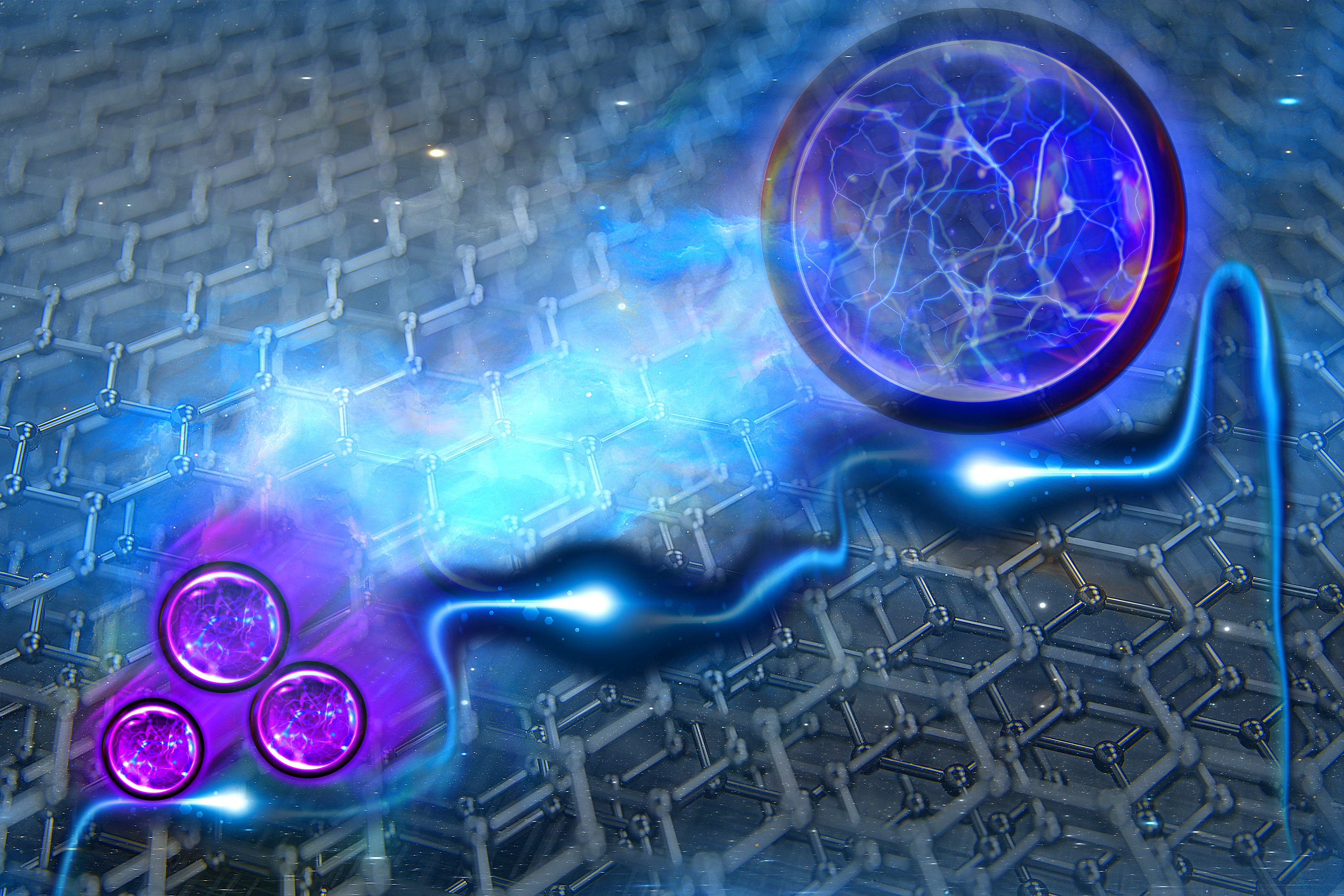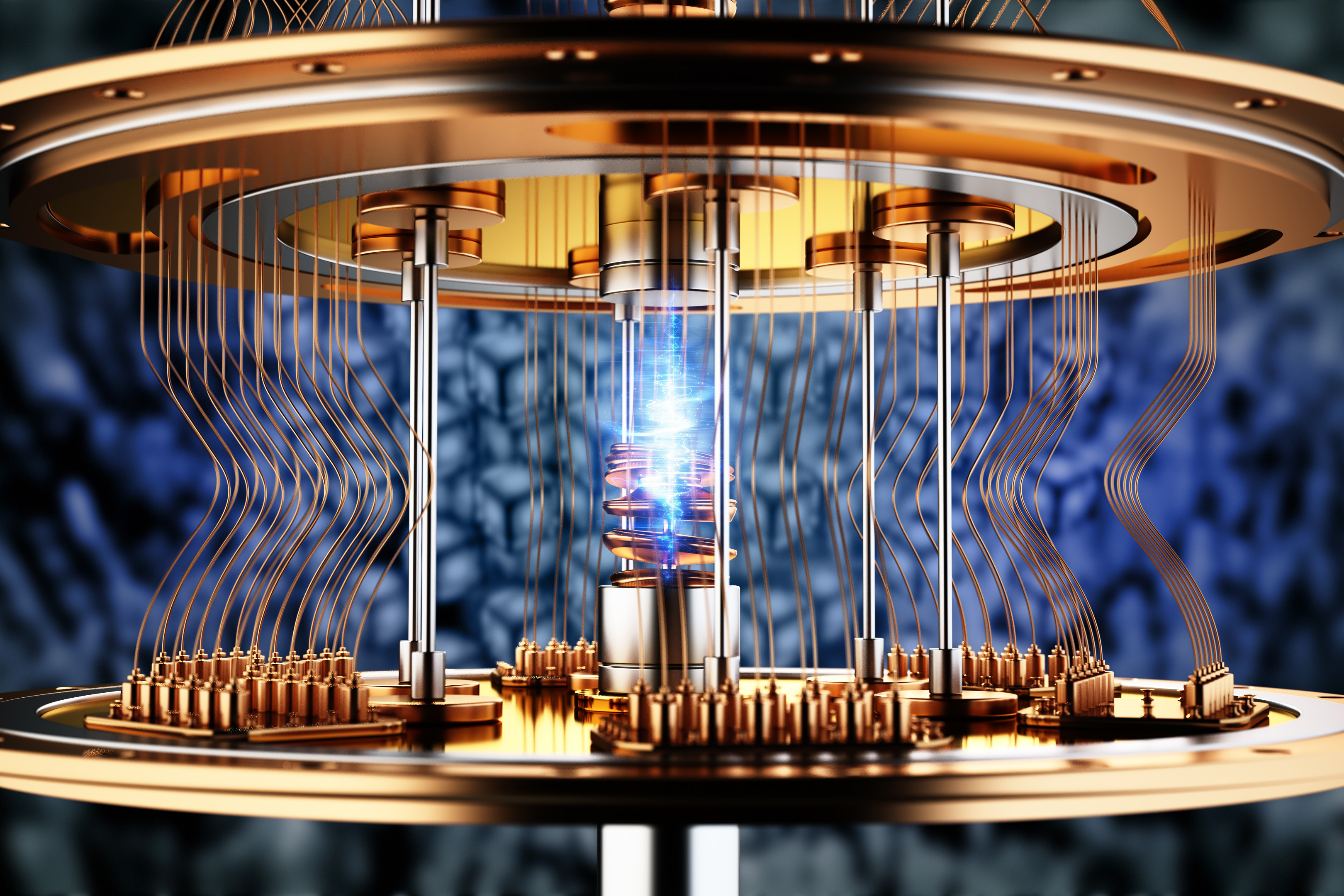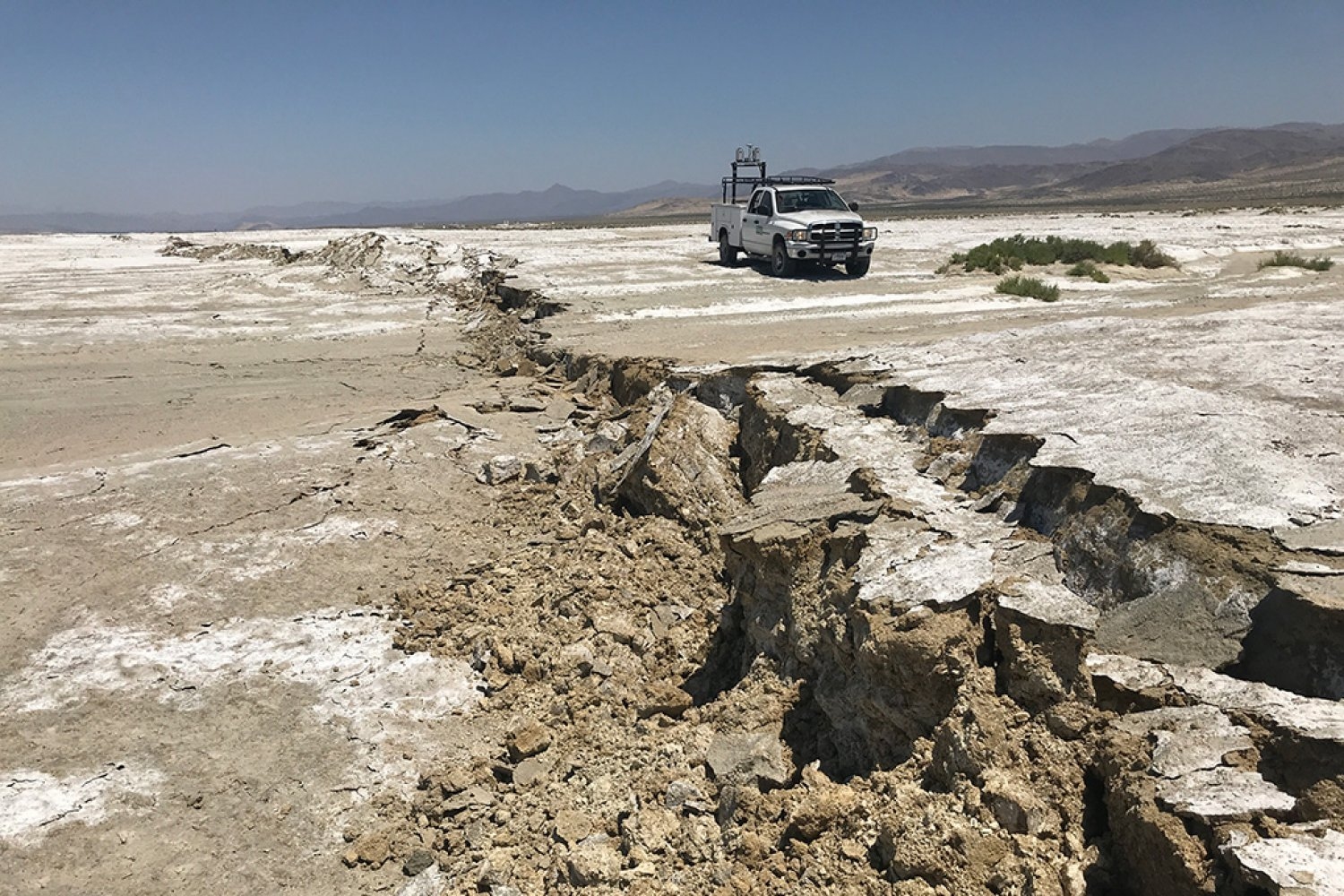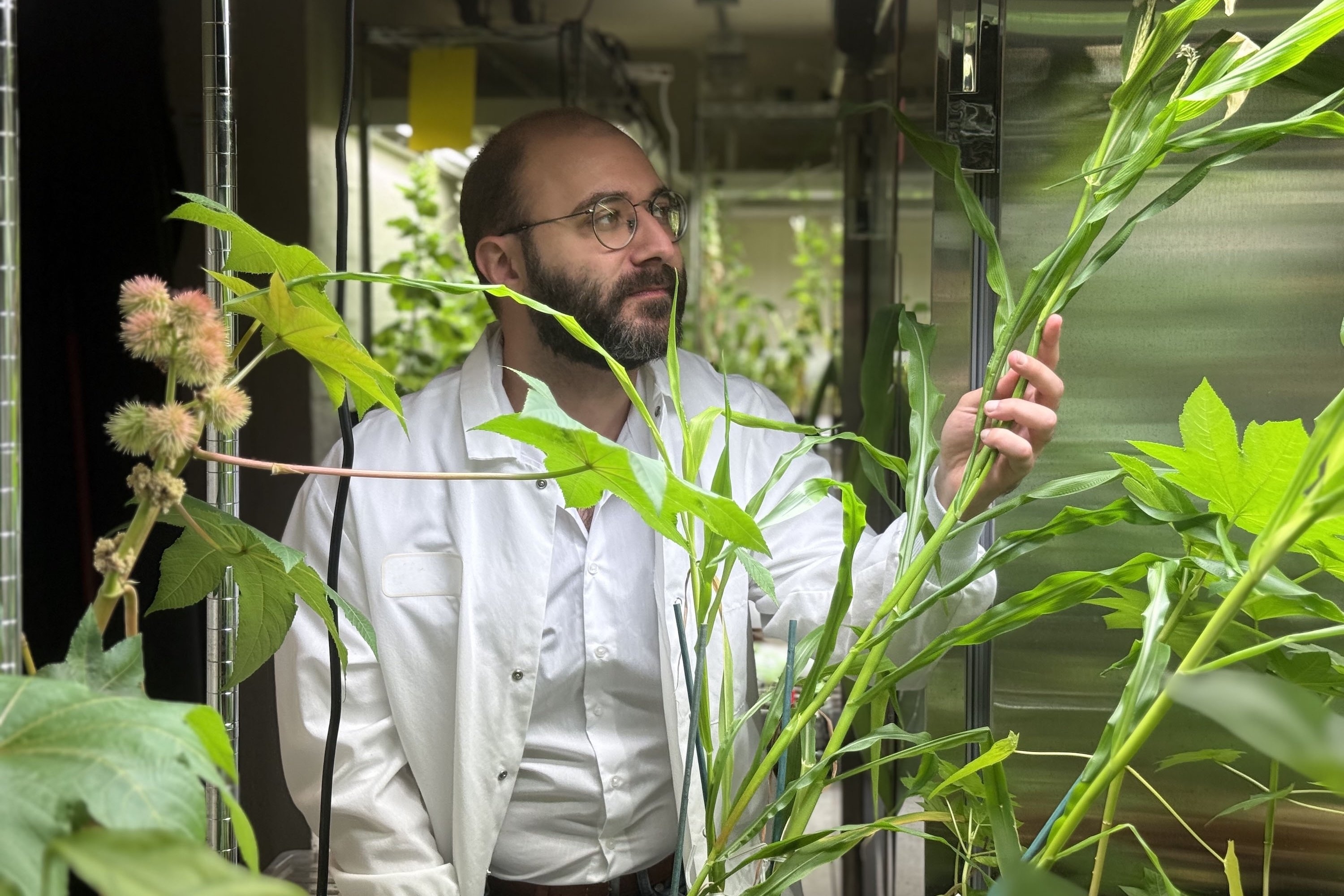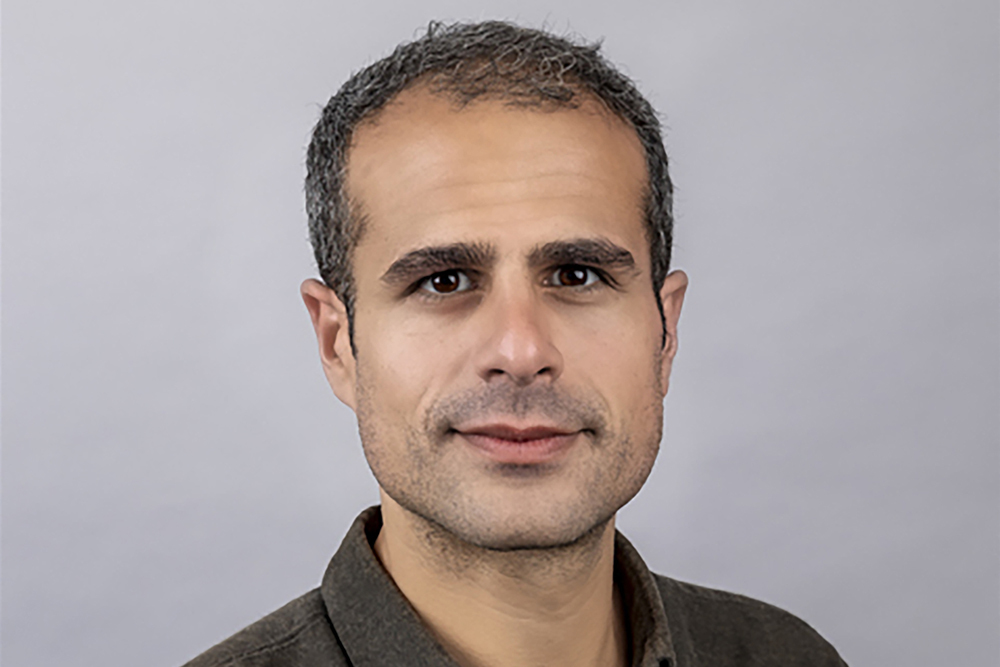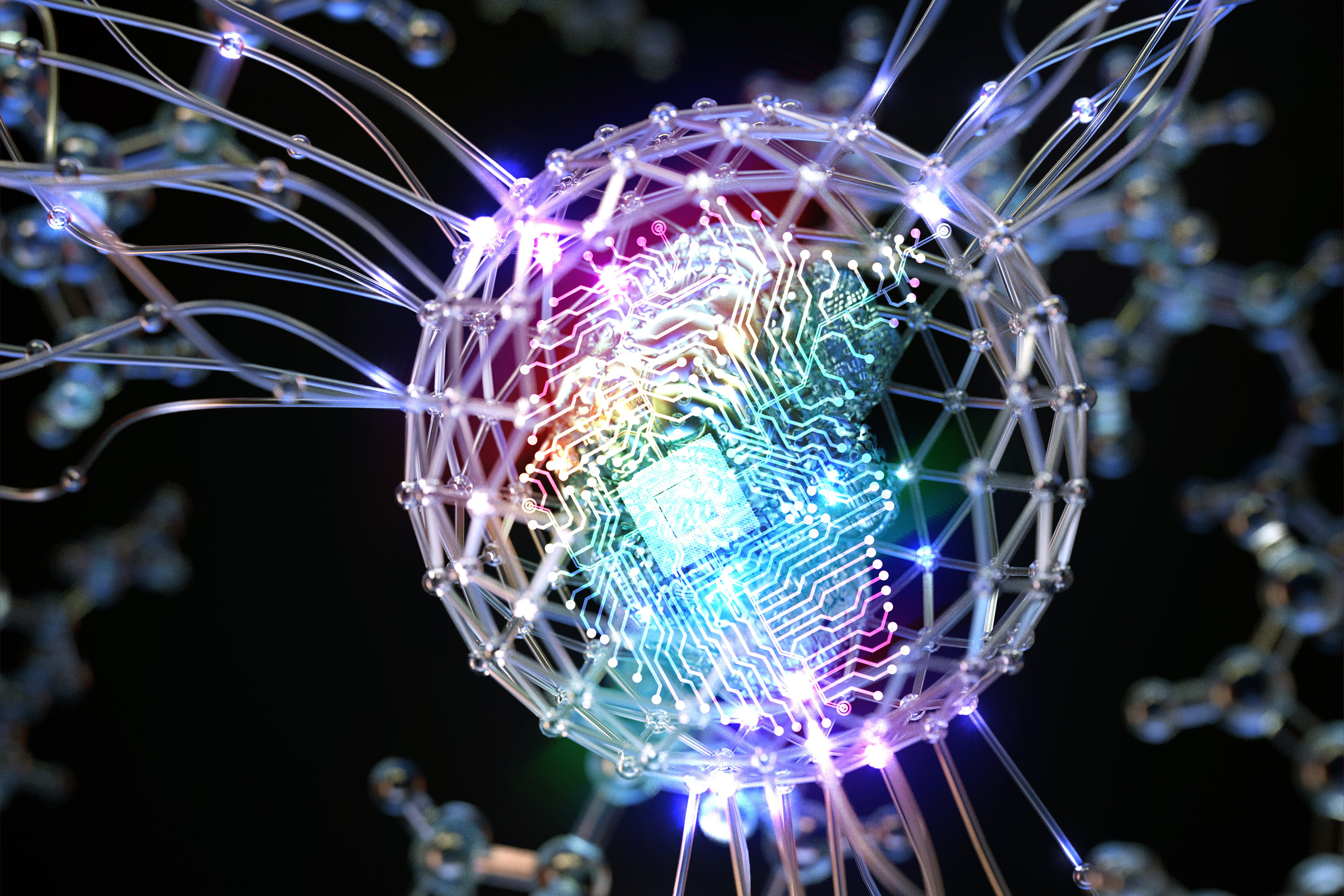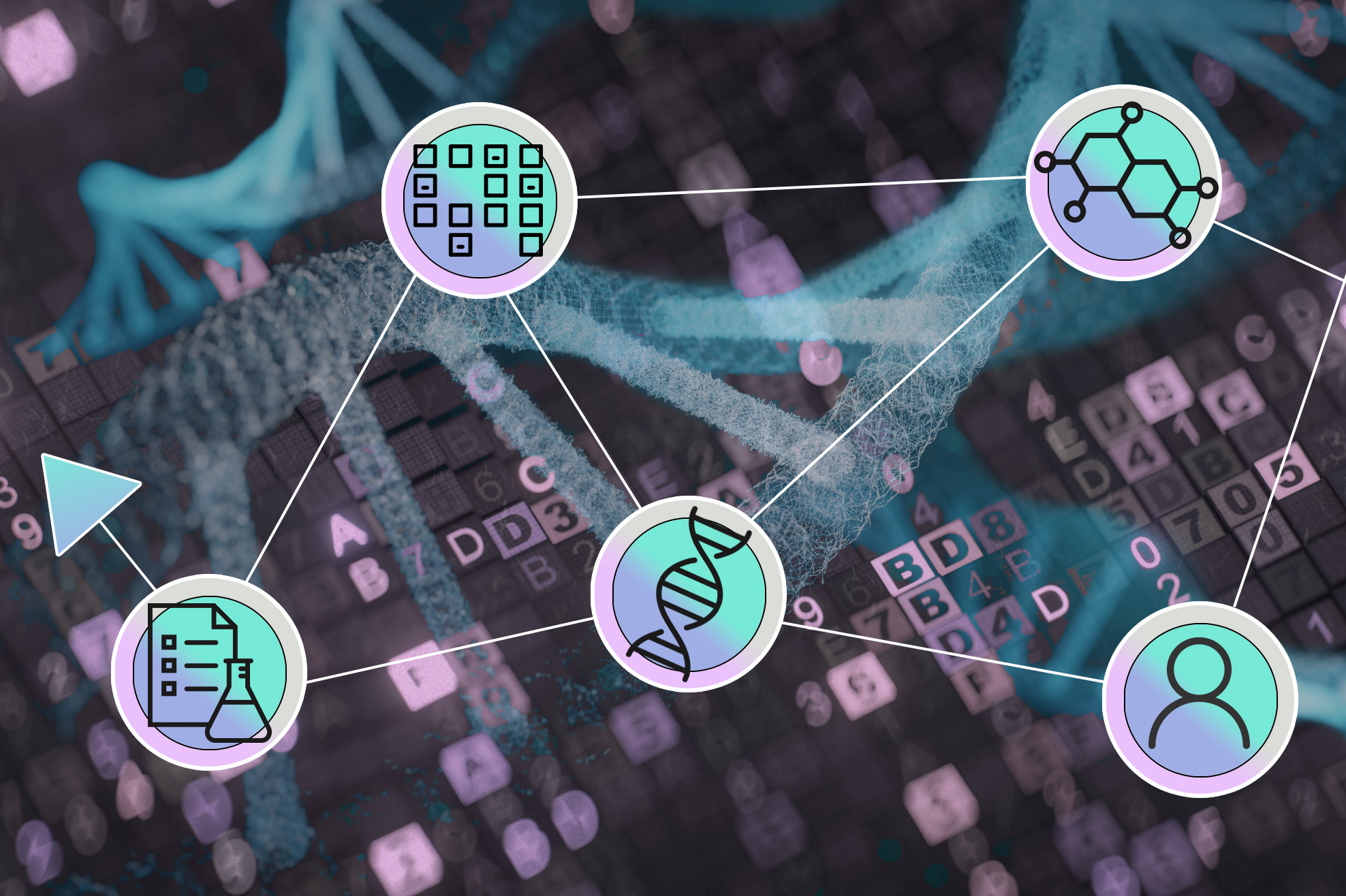MIT-affiliated physicists win McMillan Award for discovery of exotic electronic state
Last year, MIT physicists reported in the journal Nature that electrons can become fractions of themselves in graphene, an atomically thin form of carbon. This exotic electronic state, called the fractional quantum anomalous Hall effect (FQAHE), could enable more robust forms of quantum computing.
Now two young MIT-affiliated physicists involved in the discovery of FQAHE have been named the 2025 recipients of the McMillan Award from the University of Illinois for their work. Jiaqi Cai and Zhengguang Lu won the award “for the discovery of fractional anomalous quantum hall physics in 2D moiré materials.”
Cai is currently a Pappalardo Fellow at MIT working with Pablo Jarillo-Herrero, the Cecil and Ida Green Professor of Physics, and collaborating with several other labs at MIT including Long Ju, the Lawrence and Sarah W. Biedenharn Career Development Associate Professor in the MIT Department of Physics. He discovered FQAHE while working in the laboratory of Professor Xiaodong Xu at the University of Washington.
Lu discovered FQAHE while working as a postdoc Ju's lab and has since become an assistant professor at Florida State University.
The two independent discoveries were made in the same year.
“The McMillan award is the highest honor that a young condensed matter physicist can receive,” says Ju. “My colleagues and I in the Condensed Matter Experiment and the Condensed Matter Theory Group are very proud of Zhengguang and Jiaqi.”
Ju and Jarillo-Herrero are both also affiliated with the Materials Research Laboratory.
In addition to a monetary prize and a plaque, Lu and Cai will give a colloquium on their work at the University of Illinois this fall.
Latest MIT News
- Why some quantum materials stall while others scaleIn a new study, MIT researchers evaluated quantum materials’ potential for scalable commercial success — and identified promising candidates.
- Earthquake damage at deeper depths occurs long after initial activityWhile the Earth’s upper crust recovers quickly from seismic activity, new research finds the mid-crust recovers much more slowly, if at all.
- Engineering next-generation fertilizersMIT postdoc Giorgio Rizzo harnesses plant chemistry to design sustainable fertilizers that could reshape modern farming.
- Optimizing food subsidies: Applying digital platforms to maximize nutritionAn algorithm can change the face of food assistance policy in the Global South, says MIT assistant professor and J-WAFS researcher Ali Aouad.
- Checking the quality of materials just got easier with a new AI toolActing as a “virtual spectrometer,” SpectroGen generates spectroscopic data in any modality, such as X-ray or infrared, to quickly assess a material’s quality.
- Helping scientists run complex data analyses without writing codeCo-founded by an MIT alumnus, Watershed Bio offers researchers who aren’t software engineers a way to run large-scale analyses to accelerate biology.



